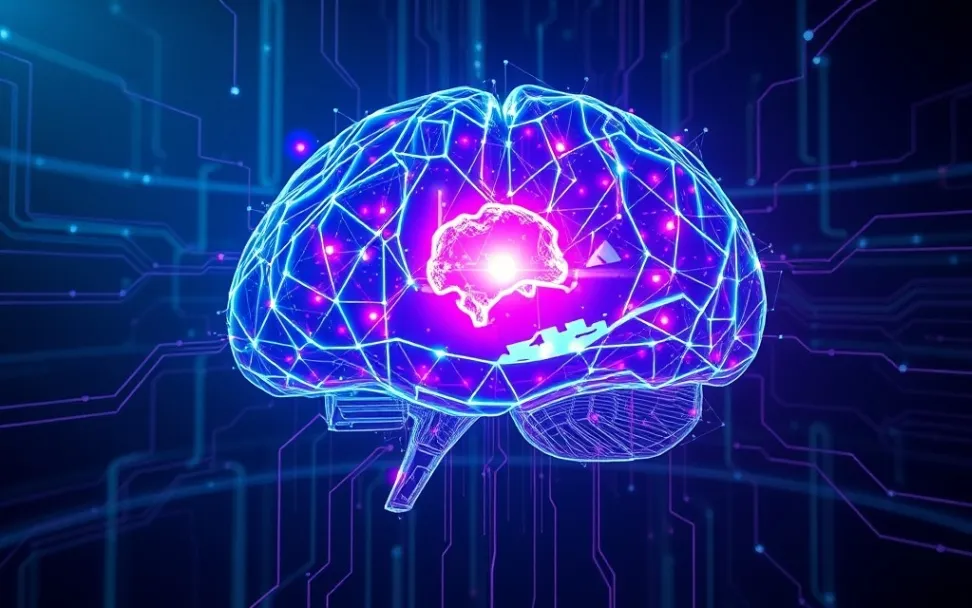
2025-01-02T04:00:00+00:00
In the swiftly advancing world of AI technology, Claude AI’s latest "Computer Use" capabilities signal a revolutionary change in how AI can influence and enhance our everyday digital interactions. Developed by Anthropic, these breakthroughs promise to redefine automation, highlighting the growing proficiency of AI systems while sparking vital discussions around their advantages and ethical deployment.
Powered by the Claude 3.5 Sonnet AI model, this cutting-edge innovation allows Claude AI to operate a computer with a level of sophistication akin to human users. Now in its experimental phase, this tool can navigate interfaces, manage cursors, click, and type autonomously. However, tasks demanding scrolling, dragging, or zooming can pose difficulties for the AI, occasionally resulting in awkward or inaccurate outputs.
The remarkable “Computer Use” functionality translates user prompts into actionable computer commands via an API, enabling operations such as online browsing and document submission with a degree of independence. Despite some limitations—the AI currently achieves a 46% success rate on tasks like flight booking—its proficiency in completing forms, seeking data, and capturing screenshots signals an exciting advancement in autonomous task execution.
Aware of the inherent risks of an AI with extensive autonomy, Anthropic has implemented comprehensive safety measures. These include classifiers to prevent the AI from executing inappropriate tasks, with strict restrictions imposed on areas such as social media and electoral processes to forestall misuse. Furthermore, Anthropic is dedicated to data protection, ensuring that no user information is utilized for training the AI.
By introducing these features on platforms such as Amazon Bedrock and Google Cloud's Vertex AI, Claude AI paves the way for its integration into business-oriented operations. The AI’s adeptness at handling coding and tool-usage tasks not only reduces the need for human intervention but also strengthens its position as a crucial asset in streamlining complex workflows.
Though still in its infancy, Claude AI's control functionalities offer immense potential to transform human-computer interactions. Continued AI evolution promises to enhance efficiency and redefine user experiences, provided a balance is struck between technological advance and ethical integrity in AI usage.
As we navigate this exciting terrain, staying informed about the strides in AI-driven tasks is key. Claude AI’s computer control features are not just technological innovations; they open the floor to critical conversations about AI's place in our digital era. Consider how such capabilities might alter your own technological engagement. We would love to hear your thoughts or experiences with AI-enhanced automation. How do you envision AI reshaping your digital interactions, and what ethical considerations do you believe are most crucial in this rapidly evolving landscape?